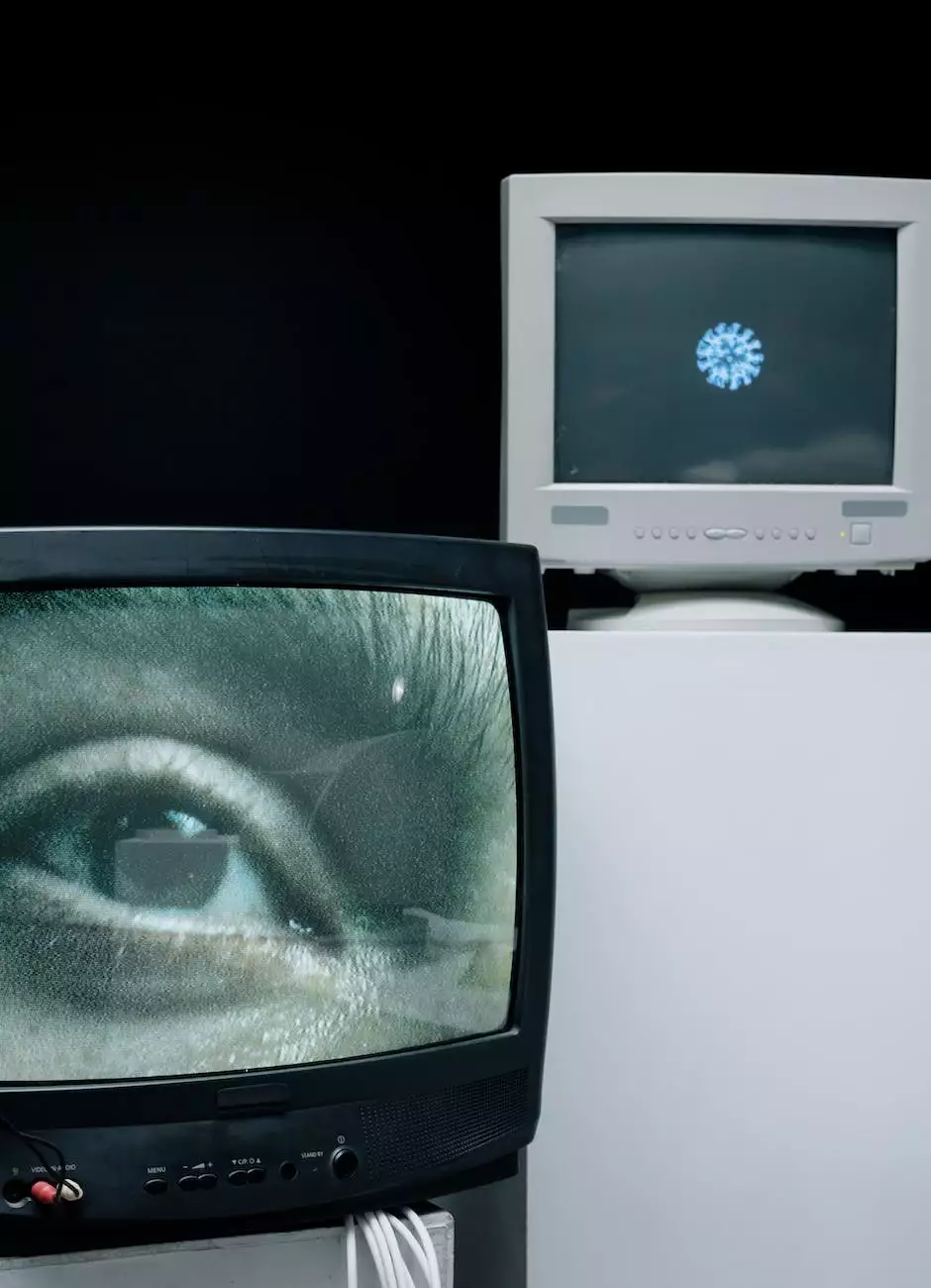Why is my Eye Twitching?
Blog
Introduction
Eye twitching, also known as myokymia, is a common involuntary spasm or contraction of the eyelid muscles. It can occur in one or both eyes and can be quite bothersome. In most cases, eye twitching is temporary and harmless. However, if it persists or is accompanied by other symptoms, it may indicate an underlying problem that requires medical attention. This article will delve into the various causes, symptoms, and treatments for eye twitching, helping you understand this phenomenon better.
Causes of Eye Twitching
Eye twitching can be caused by several factors, including:
1. Fatigue and Stress
Stress, exhaustion, and lack of sleep can strain your eye muscles, leading to twitching. It's essential to prioritize rest and manage stress levels to reduce the likelihood of eye twitching episodes.
2. Eye Strain
Prolonged use of digital devices, reading for extended periods, or focusing on a particular task can strain your eye muscles. Taking frequent breaks and practicing eye exercises can help alleviate eye strain and reduce twitching.
3. Caffeine and Alcohol
Excessive consumption of caffeine and alcohol can interfere with the normal functioning of your eye muscles and trigger twitching. Moderation is key when it comes to consuming these substances.
4. Dry Eyes
Insufficient lubrication of the eyes can cause irritation and twitching. Using lubricating eye drops and ensuring proper hydration can help alleviate this problem.
5. Nutritional Imbalances
Deficiencies in certain nutrients, such as magnesium or vitamin B12, can lead to muscle spasms, including eye twitching. Maintaining a balanced diet and considering supplementation, if necessary, can help address this issue.
6. Allergies and Eye Irritation
Allergies, conjunctivitis, or other sources of eye irritation can cause twitching. Identifying and managing the underlying cause, such as avoiding allergens or using appropriate eye drops, can provide relief from eye twitching.
7. Medications and Health Conditions
Certain medications and underlying health conditions, such as blepharospasm or hemifacial spasm, can contribute to eye twitching. If your eye twitching is persistent or severe, consulting a healthcare professional is recommended to evaluate any potential underlying health issues.
Symptoms of Eye Twitching
Eye twitching typically manifests as an intermittent spasm or twitch in the eyelid. The frequency and duration of these episodes can vary. Some individuals may experience mild, infrequent twitches, while others may have more pronounced and frequent spasms. In some cases, twitching can also cause the eye to close briefly. Individuals may find the twitching to be distracting or irritating.
Treatments for Eye Twitching
While most cases of eye twitching resolve on their own without treatment, there are strategies you can employ to alleviate the condition:
1. Get Sufficient Rest
Prioritize sleep and practice relaxation techniques to reduce stress and fatigue, which can contribute to eye twitching episodes.
2. Apply Warm Compresses
Placing a warm compress on your eyes can help relax the eye muscles and alleviate twitching. Ensure the compress is warm, but not too hot, to prevent any discomfort or burns.
3. Adjust Digital Device Usage
Limit screen time and take regular breaks when using digital devices. Implement the 20-20-20 rule, which suggests looking away from the screen every 20 minutes and focusing on an object at least 20 feet away for 20 seconds.
4. Manage Stress and Relax
Engage in stress-reducing activities, such as yoga, meditation, or deep breathing exercises. Finding healthy coping mechanisms can lower stress levels and minimize eye twitching occurrences.
5. Hydrate and Maintain a Balanced Diet
Drink enough water throughout the day to prevent dehydration, which can contribute to dry eyes and twitching. Ensure your diet includes a variety of fruits, vegetables, and nutrient-rich foods for overall eye health.
6. Consult a Healthcare Professional
If eye twitching persists, worsens, or is accompanied by other concerning symptoms, it is advisable to seek medical attention. A healthcare professional can evaluate your condition, determine any underlying causes, and recommend appropriate treatment options if necessary.
Conclusion
Eye twitching is a common phenomenon that can arise due to various causes, such as stress, eye strain, dry eyes, and nutritional imbalances. While typically harmless and temporary, continuous or severe twitching may require medical intervention. Understanding the triggers, adopting healthy habits, and seeking professional advice when needed can help manage and alleviate eye twitching.




